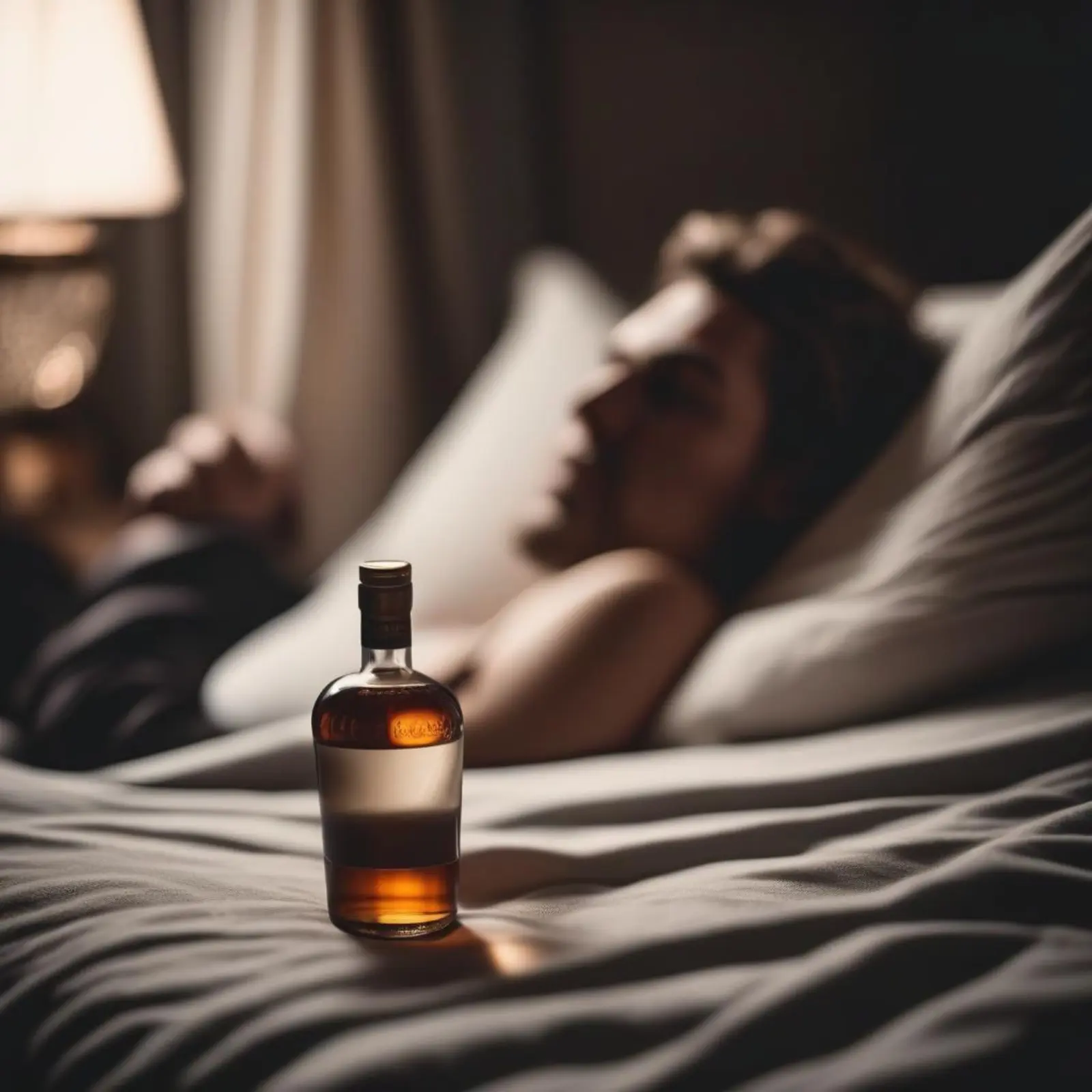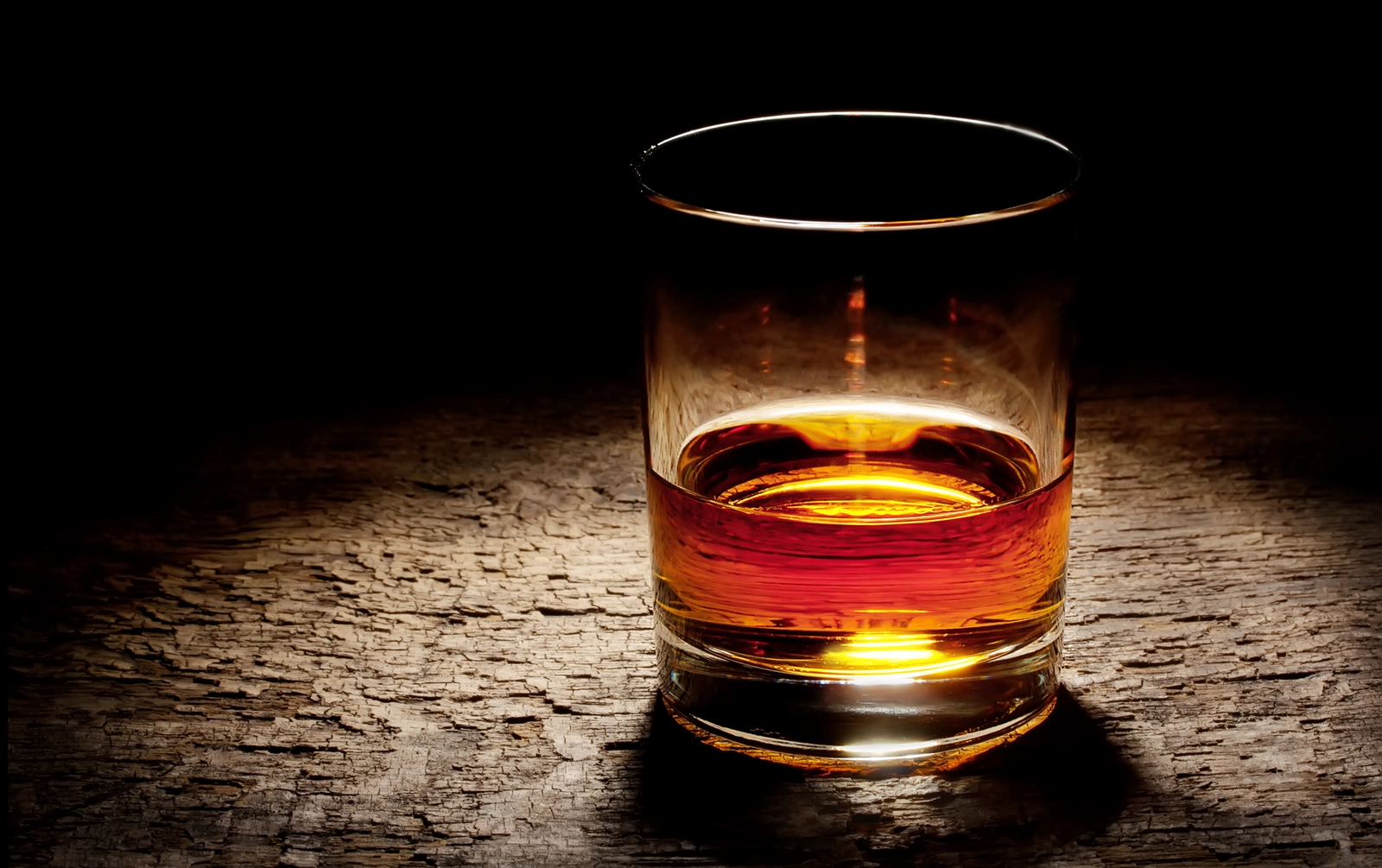Alcohol and Melatonin: Side Effects, Risks, and Interactions

- Melatonin is a widely available sleep aid that is available over the counter to treat sleep problems.
- Mixing melatonin with different drugs, such as alcohol, can have serious side effects like dizziness, drowsiness, and liver damage.
- It’s important to watch out for drug interactions and discuss the medications you’re taking with your doctor.
Melatonin supplements are available at most drug stores as an alternative to prescription sleep medications. People take melatonin to treat sleep disorders like insomnia, but combining it with other drugs like alcohol can have devastating effects.
Learn more about the side effects and risks of combining melatonin and alcohol, the side effects, and the possible risks.
What Is Melatonin?
Melatonin is a natural hormone the body makes to regulate the circadian rhythm or sleep cycle. Most melatonin is produced after dark, between 11 pm and 3 am, to promote a regular sleep schedule.
About 25 million US adults experience insomnia symptoms.[1] While prescription sleeping pills are available for sleep disorders, they have risks. Instead of taking prescription medications, some people prefer to try natural remedies like melatonin.
Melatonin is generally safe and well tolerated. There are few side effects at regular doses, but melatonin supplements aren’t standardized or well-regulated. When you use melatonin from a drug store, you can’t be sure exactly what you’re taking.
Melatonin also has potential drug interactions. Taking melatonin with diabetes medications, birth control pills, blood thinners, immunosuppressants, and drugs that have a sedative effect, including alcohol, is unsafe.
There can be side effects with melatonin, including:[2]
- Sleep problems
- Daytime grogginess
- Abnormal dizziness
- Headaches
- Depression
Can You Drink Alcohol While Taking Melatonin?
Melatonin is a commonly used remedy for sleep difficulties, but people struggling with insomnia may use other options. Having an alcoholic drink, a “nightcap,” is a common way to help with sleep, but doing so can be counterproductive. Alcohol can make sleep problems worse and prevent very deep sleep.
Mixing melatonin with alcohol can cause side effects. Alcohol reduces the amount of melatonin that your body creates, worsening sleep patterns. It can also affect the muscles in your airway, impacting your breathing patterns and causing sleep apnea.
Mixing alcohol and melatonin can have more serious side effects, including:[3]
- Poor focus
- Drowsiness
- Dizziness
- Nightmares
- Anxiety
Mixing melatonin and alcohol can affect your liver’s ability to create enzymes, causing flushing, swelling in the extremities, trouble focusing, breathing difficulties, and a fast heart rate.[5]
The effects of alcohol can vary from person to person due to age, individual genetics, and existing health conditions. You may not be able to determine how alcohol will affect you when you take melatonin, so it’s best to abstain from alcohol while you’re on it. In addition to the risks, drinking alcohol can make a melatonin supplement less effective.
Who’s at Risk for Interactions with Melatonin and Alcohol?
Combining alcohol and melatonin always has risks, but it can be worse for some people:
- If you’re on blood thinners, alcohol can affect your body’s ability to metabolize them. You may have serious bleeding.[4] Research shows that melatonin may have a similar effect, so the two together could be dangerous.[5]
- If you’re on anxiety medications like alprazolam, consuming alcohol can have serious effects like dangerously depressed breathing or severe drowsiness.[6]
- If you’re taking melatonin, alcohol, or both with other sleep aids like diphenhydramine or valerian root, it can cause severe drowsiness that may increase the risk of injuries or death.[7]
- Older adults (over 65) can have a higher risk of complications from alcohol and melatonin. The effects of alcohol can be more intense for older people than younger people, leading to a risk of interactions.[8]
- Women have lower water content in their bodies, leading to higher blood alcohol concentrations (BACs) than men, even with the same amount of alcohol.[9] This can make alcohol interactions with melatonin more intense.
When to Seek Medical Attention
It’s rare to have dangerous side effects from melatonin at recommended doses, but it’s best to speak to your doctor about whether melatonin supplements are safe. You should also discuss your alcohol use.
Alcohol can have risks on its own, which may worsen with melatonin. If you drink too much alcohol at once, you can have an alcohol overdose with symptoms like loss of consciousness, confusion, vomiting, seizures, cold or clammy skin, slowed heart rate, or slow or irregular breathing.
If you or someone you know may be experiencing alcohol poisoning, call 911 immediately.
Does Alcohol Help with Sleep Problems?
Insomnia is sleep disruptions or trouble falling asleep, staying asleep, or experiencing restful sleep that can affect day-to-day routine. Chronic insomnia can lead to next-day tiredness, affecting performance at work or other responsibilities. Insomnia can have health consequences over time.
The sedative effects of alcohol make some people reach for it to get to sleep. However, alcohol’s sedative effects cause drowsiness, but they don’t help you get a restful sleep. Alcohol lowers the amount of rapid eye movement (REM) sleep, which is the deep stage of sleep and can cause sleep disturbances.[10] This means you won’t get quality sleep and may feel tired the next day.
If you routinely use alcohol to improve sleep patterns, you can get into a pattern of self-medicating insomnia. You may use caffeine the next day to stay awake and alert because you didn’t sleep well, causing more disruption to your sleep cycle. You could develop a dependence on alcohol, caffeine, or both.
Seek Help for Insomnia
If you have insomnia and use alcohol or melatonin to sleep, these substances can interact dangerously. Alcohol also affects how well melatonin works to promote restful sleep. If your insomnia isn’t helped using melatonin, speak to your doctor about your treatment options and learn better sleep habits.
Frequently Asked Questions for Melatonin and Alcohol
Are you or a loved one struggling with Alcohol abuse?

